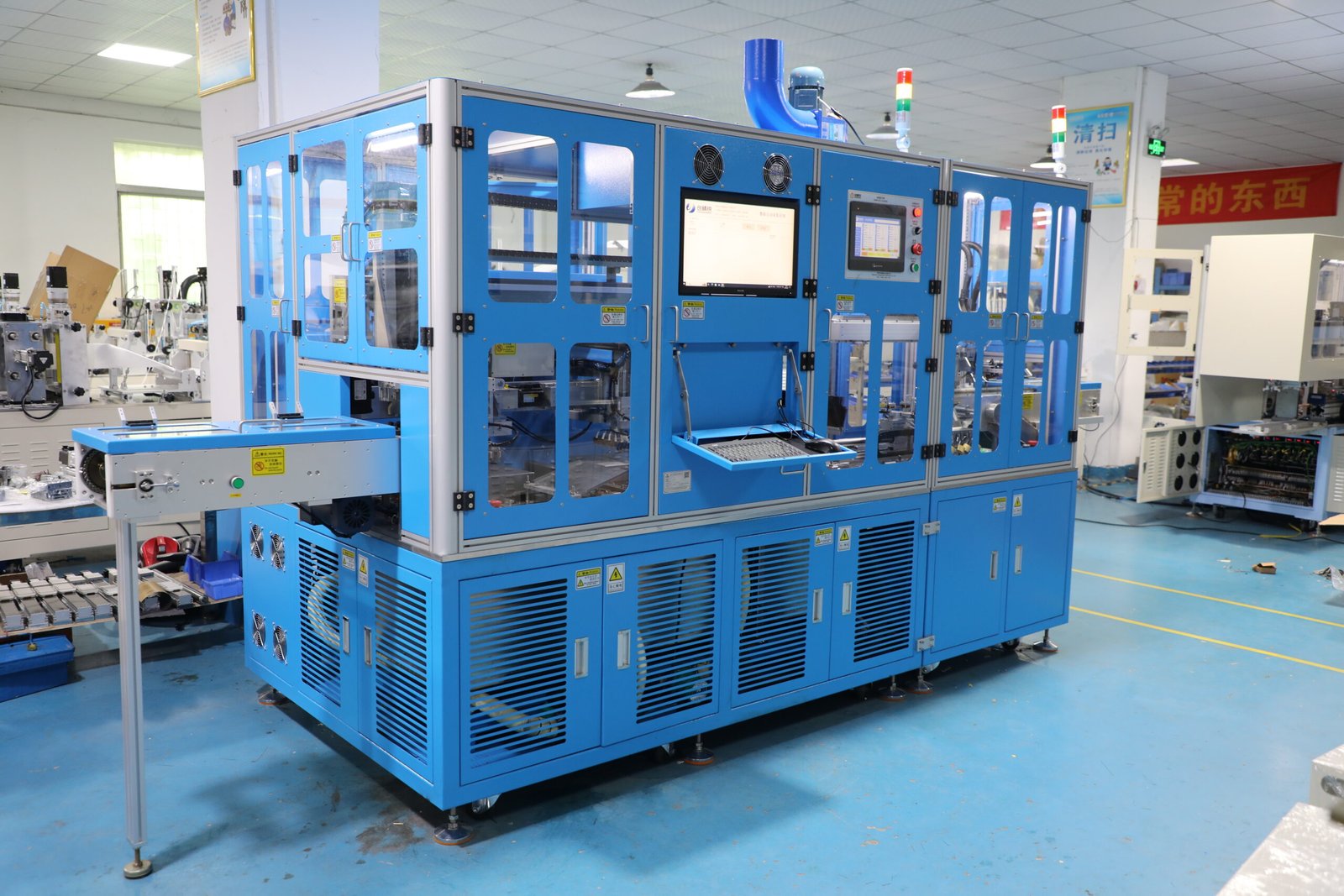

Widely used in number of sensor industry
Performance in Consumer Electronics.
We’re in this business since 2002 and we provide the best service for NTC Thermistor Sensor
What is a Thermistor and How Does it Work?
At the heart of precise temperature measurement lies the ingenious device known as a thermistor. This electronic component, short for “thermal resistor,” undergoes significant changes in resistance with temperature variations. Discover the inner workings and the science behind this invaluable tool.
A thermistor is a specialized resistor that exhibits a change in electrical resistance with a change in temperature. Unlike standard resistors, which have a consistent resistance regardless of temperature, thermistors are engineered to be highly sensitive to temperature variations. This unique characteristic makes them invaluable in a wide range of applications where accurate temperature measurement is critical.
The principle behind a thermistor’s operation lies in the behavior of certain semiconductor materials. As the temperature of a thermistor changes, the number of charge carriers within the material also changes. This, in turn, affects the material’s resistance. In most cases, the resistance of a thermistor decreases as the temperature rises (Negative Temperature Coefficient or NTC), but there are also thermistors where resistance increases with temperature (Positive Temperature Coefficient or PTC).
The Types of Thermistors and Their Characteristics:
Dive into the diverse world of thermistors, each tailored to specific applications. From NTCs (Negative Temperature Coefficient) to PTCs (Positive Temperature Coefficient), explore their unique characteristics and learn how to leverage them for optimal temperature sensing.
Negative Temperature Coefficient (NTC) Thermistors
NTC thermistors are the most commonly used type. As the temperature increases, the resistance of an NTC thermistor decreases. This makes them ideal for applications where precise temperature measurements are needed, such as in thermostats, automotive engines, and medical devices.
One of the key advantages of NTC thermistors is their high sensitivity to temperature changes. This allows for accurate measurements even with small temperature variations. Additionally, NTC thermistors have a fast response time, making them suitable for applications that require quick adjustments to temperature changes.
Positive Temperature Coefficient (PTC) Thermistors
In contrast to NTC thermistors, the resistance of PTC thermistors increases as the temperature rises. This unique characteristic makes them useful in applications where over-temperature protection is required, such as in heating elements and current-limiting devices.
PTC thermistors are known for their self-regulating properties. When subjected to a sudden increase in current, their resistance rises, reducing the current flow and preventing overheating. This inherent safety feature makes them invaluable in a variety of electronic circuits.
Interchangeability and Accuracy
Thermistors are available in a wide range of resistance values and temperature coefficients. This variety allows for precise customization to suit specific applications. When selecting a thermistor, factors like interchangeability (the ability to replace one thermistor with another without significant calibration adjustments) and accuracy are crucial considerations.
Advantages of Using Thermistors for Temperature Measurement in Various Industries:
Explore how thermistors are revolutionizing industries worldwide. Their precision, rapid response, and adaptability make them indispensable in automotive, medical, electronics, and more. Uncover the advantages that drive their widespread adoption in diverse sectors.
Automotive Industry
In the automotive sector, precise temperature measurement is crucial for engine performance optimization, emissions control, and overall vehicle safety. NTC thermistors are integrated into various components, such as engine coolant systems, air intake systems, and HVAC systems, to ensure efficient and safe operation.
One of the significant advantages of using thermistors in automotive applications is their ability to provide real-time temperature data. This data allows for dynamic adjustments to engine parameters, ensuring optimal performance under varying conditions.
Medical Devices
Accuracy in temperature measurement is paramount in medical devices, where even a slight variation can impact patient outcomes. Thermistors play a vital role in devices like infusion pumps, incubators, and diagnostic equipment, ensuring precise and consistent temperature control for patient safety.
The compact size and high sensitivity of thermistors make them ideal for integration into portable and wearable medical devices. This enables continuous monitoring and enhances the effectiveness of medical treatments.
Electronics and Consumer Appliances
From smartphones to refrigerators, thermistors are found in a wide range of consumer electronics and household appliances. They help regulate temperature, prevent overheating, and ensure the safe operation of these devices.
In electronics, NTC thermistors are often used to monitor battery temperature. This is critical for preventing overcharging, which can lead to reduced battery life and safety hazards. In appliances like ovens and air conditioners, thermistors guarantee precise temperature control for optimal performance.
Industrial Automation
In industrial settings, thermistors are essential for maintaining optimal operating conditions in various processes. They are used in equipment like furnaces, kilns, and industrial heaters to ensure that temperatures remain within safe and efficient limits.
Thermistors contribute to energy efficiency by allowing for precise control over heating and cooling systems. This not only reduces energy consumption but also extends the lifespan of industrial equipment.
Common Applications of Thermistors in Everyday Life and Industrial Settings:
From your household appliances to critical industrial processes, thermistors silently play a crucial role in temperature regulation. Discover their presence in ovens, air conditioners, medical devices, and other everyday items, as well as their vital role in industrial automation.
Household Appliances
In our everyday lives, thermistors are integrated into various household appliances to ensure safe and efficient operation. For example, in ovens, thermistors regulate the temperature to guarantee even cooking. In refrigerators, they monitor the temperature to prevent food spoilage.
Air conditioners rely on thermistors to accurately measure the temperature of the room and adjust the cooling accordingly. This not only ensures comfort but also enhances energy efficiency.
Medical Devices
In the medical field, thermistors are found in a wide range of devices used for patient care. Infusion pumps, for instance, use thermistors to monitor the temperature of intravenous fluids, ensuring that they are administered at a safe temperature.


